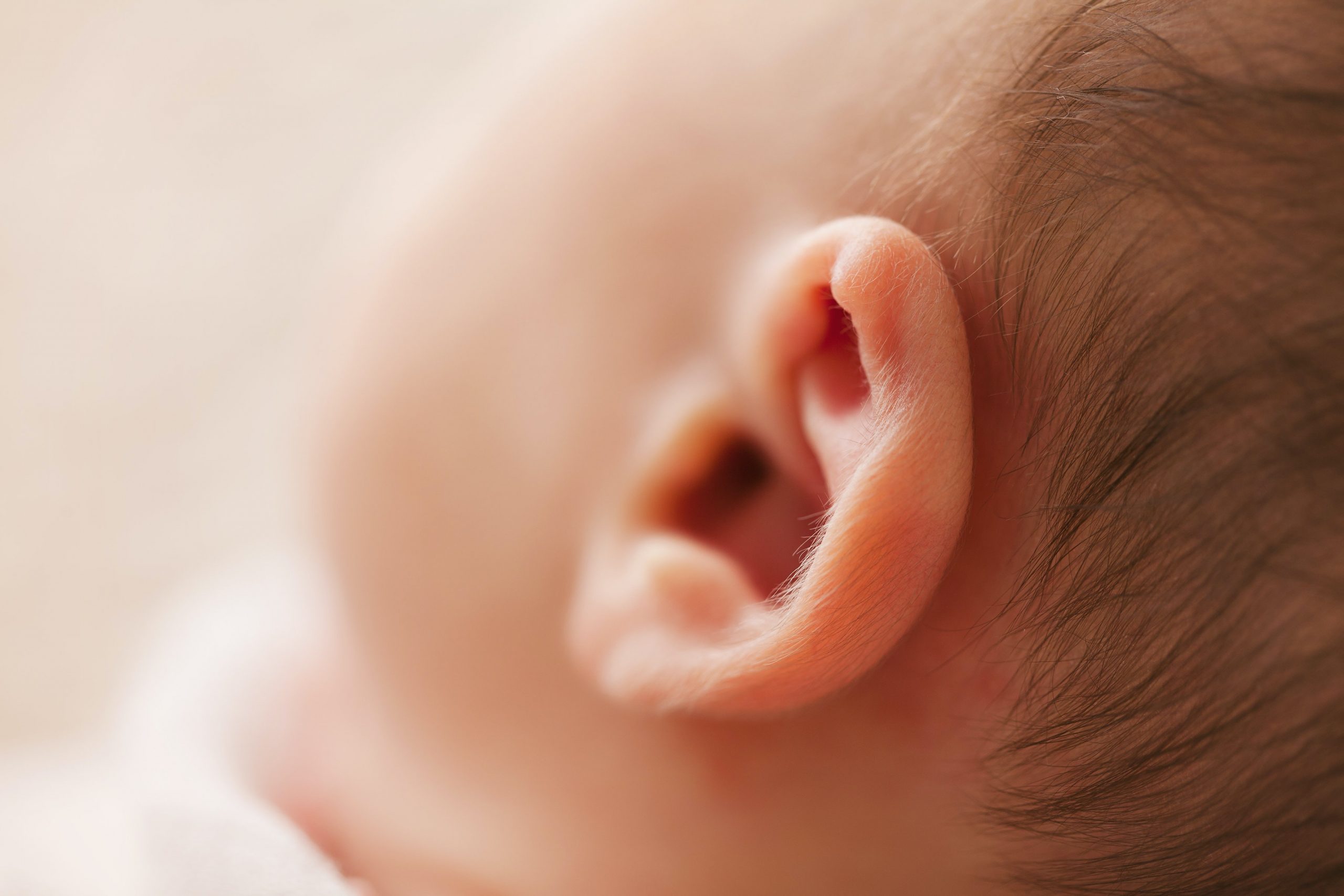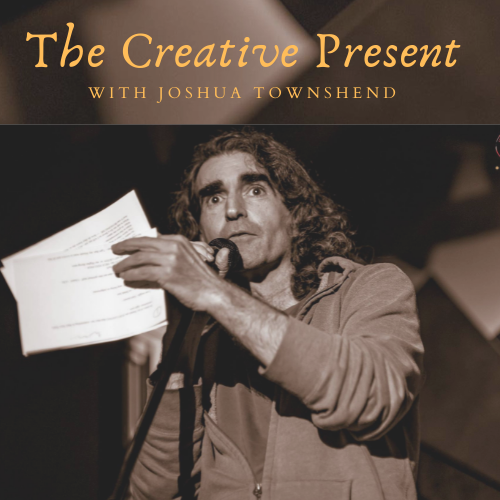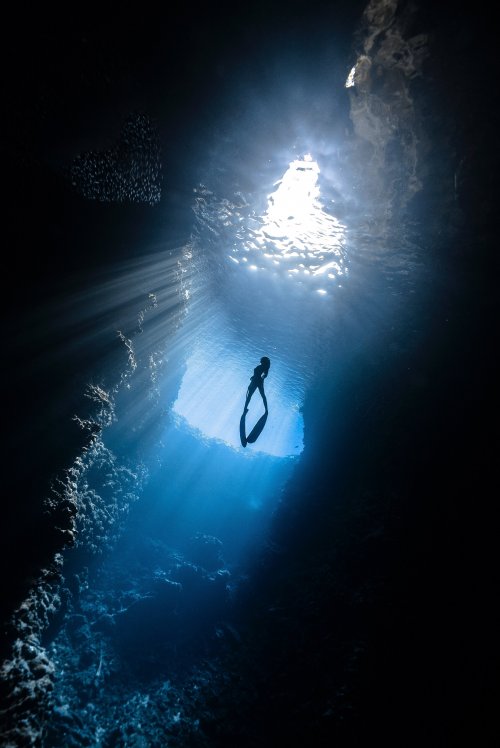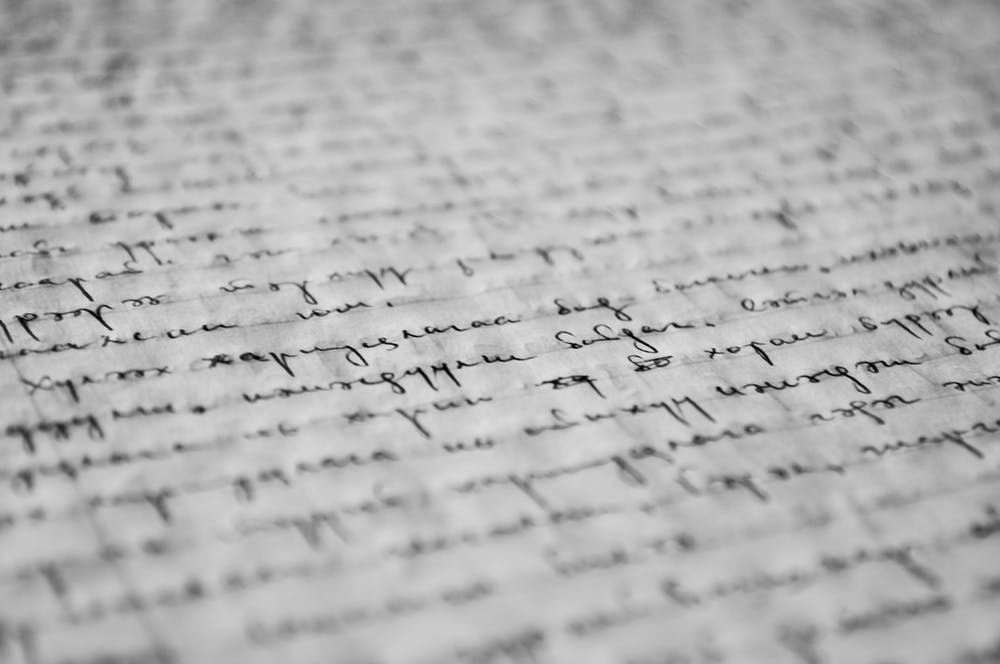Welcome to the creative presence, a show that’s dedicated to expanding your creative self expression. And at the same time getting your projects done. And I’m your host, Joshua Townshend.
Listen,
How many times have we heard that people will say,
You got to listen more? You got to listen to me. You’re not listening to me. Listen, I wish you could hear me. I wish we had better communication.
Translation, I wish you would listen to me. We spend so much of our time and day listening. And yet, and yet, at no point in a formal education in this country, did you go to a class called listening, you went to speech and communication, you went to speech and debate, but you never went to a class called listening. Because we as a culture, do not support it, we can give it lip service, we can talk about how we need to listen to each other more. But when it comes down to the real brass tacks of actually backing up what we’re talking about with actual attention, and classes and care, and really parsing out what it is to listen, we’re just giving it lip service, we don’t really mean it. We want someone to come in and talk. We have TED talks, we don’t have Ted listens, a bunch of people are in the audience listening to whatever degree they can listen. So as an artist, as a creative as a story, create or as a story, maker, actors, writers, producers, directors, we really need to get into this thing of listening. Now, there’s a lot of different kinds of listening, the kinds of listening that we’re going to talk about today, is listening to now listening to is very different than listening for, generally speaking, there’s two predominant types of listening. And I call it listening to and listening for listening to is something that you do in a very open attention kind of a way. So you’re listening to music, you’re listening to my tone, my timbre, so you’re in an open space, and you’re just taking it in, most of our other listening in life is listening for. So that looks like listening for my turn to speak, listening for the information they’re trying to give me listening for what they’re saying wrong, listening for their objectives, or their objections.
So that’s a very focused listening, it’s very goal orientated. And the other one listening to is very open ended. And what we’re going to be talking about today is how important it is, for us as creatives to get into start listening from the space of listening to now, I give this example a lot of times, and it’s very helpful when a mother becomes a new mother and her babies in the other room. And it’s been a few weeks or months, she has a constant attention to listening to the sounds of her baby. And because she’s in an open attention, she can hear, she can hear the differences between the cry, that’s I need to be changed my diaper, or I’m hungry, or I have air and I need to be burped, or I’m happy. All the sounds are coming out of this little thing. And she has to be in a space where she can listen to that. Men sometimes will be in a space where they are very attuned to their machines, like when they’re tuning a car or a motorcycle engine, or they can hear where something is slightly amiss. They’re not listening for a specific thing that they may at one point try to fix it. But when they’re originally listening to the sound of that engine or that motor, they are listening in that same similar open space. What is that sound? What’s going on here? I’m listening to it. So it’s a very important thing that we as creatives do this for ourselves. So we can have more bandwidth to create from and when I say bandwidth, I mean more noticing and when I say more noticing I mean more or less
airness, because the more aware you can be as a creative as a human being, then the more aware your characters are, as the person who’s creating the story, your characters cannot be more aware than you are. Because you are the creator of the character, it can only be an extension or an expansion of your current awareness. And we see this all the time, in the sense of when people write a story at the age of say, 20, or 25. And then they look back at it at the age of 14, they go, Oh my gosh, oh my gosh, if I could write that story over again, it’d be so different, right. And the reason why they say that is because their awareness has grown, they have grown as a human being. So that’s why it’s so important for us to bring in that awareness. And the last thing I’m going to talk about today, in terms of practicality, and how it show up in a very real way, oh, I need to write better dialogue, what is the quality of the listening of the other character, because based on the quality of the listening of the person of the character in that scene, can only be an extension of their ability to have real dialogue with the other character. And one of the things that is so compelling and really good writing, is that the writer has actually put in the elements or the actor has put in the elements of the quality of the listening of the character. Now, that’s a lot to take in right now. But I want you to really think about that. Because if, if the other character is not listening, then their dialogue has to reflect that if that character is listening, and to what degree, that dialogue needs to reflect that. And that is so interesting. That is so enlivening. So now I put my focus of attention, not on the dialogue, but how is the other character listening to what the other person is saying to them? How do I interpret that? How much of it do I actually hear, because we hear what we want to hear, and allow that to inform the next line of dialogue. And then conversely, go back and forth, back and forth. And that is another way of kicking up your dialogue. So I really appreciate you listening today. And I mean that listening to and listening for. So check that out in your life today, watch or listen, or be observant. Today, I’d like you to really take a look at and become aware of when you listen to like when you go out in nature and you listen to the sounds of nature, or when you were listening for the waiter or the waitress, giving back your order and making sure they got it correct. Use every moment in this beautiful life to grow your awareness as a creative as an artist as a human being. And I look forward to our next chat and our next listening.
Thank you for listening. If you love what you’re listening to please subscribe and then share with fellow creatives. For more, go to www.JoshuaTownshend.com
****
CP_EP17_FinalAudio
Mon, 6/13 2:15PM • 8:33
SUMMARY KEYWORDS
listening, creative, awareness, hear, dialogue, talk, character, give, creative self expression, class, attention, burped, sounds, today, writer, aware, lip service, amiss, observant, ted talks
[/vc_column_text][/vc_column][/vc_row]






